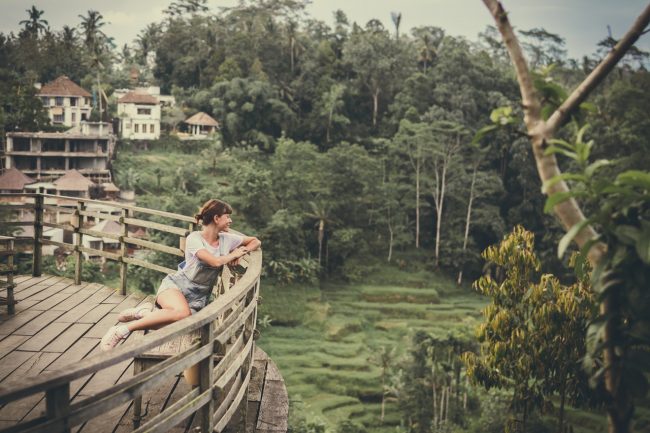Hotel visitors today are difficult to please. Their tastes are different from each other. How do you want your hotel designers to adjust their interior design styles to you travel tastes?
A PERSONALISED EXPERIENCE
Lately, hotels have moved towards becoming travel goals themselves, which results to rooms being planned to use different techniques to serve each visitor’s needs and give unique experiences.
Subsequently, hotels should take this chance to draw in customers by giving personalised experiences with each amenity, merchandise and service, like offering “selfie” spots all through the hotel could encourage the guests to publicly endorse the hotel.
HOME SWEET HOTEL
Guests are extending their stay in hotels. The idea of adding kitchenettes and different luxuries to welcome guests in the long-term stay has picked up in hotel design rapidly becoming a standard. The era of having the same layout and furniture in each room are numbered as hotels are settling on making each room unique for a more characteristic and accommodating feel.
By planning varieties in designs and including different components all through the rooms, for example, handmade decors, unique surfaces, blending and matching furniture’s, various wall tiles — hotels can give guests a more customised and new experience that they will appreciate and remember.
Hotels are now embracing the home far from home idea is by re-modelling their halls and other open areas from professional-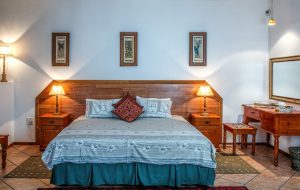 looking, business-like spaces to family like common rooms that are warm and welcoming.
looking, business-like spaces to family like common rooms that are warm and welcoming.
GOING GREEN
More hotels today are reusing towels and introducing automated lights to be more energy efficient, others are taking energy efficiency and sustainability more seriously than ever before.
A year from now we’ll have more renewable, eco-friendly procedures that help sustainability and link guests to the local culture and history, natural lighting, solar panels, reused tree wood furniture, organic materials, hourglass clocks in showers, privately hand-crafted things and furniture that we’re repurposed from other things.
INDOOR-OUTDOOR SPACES
Decorators keeps on blurring the lines of inside and outside spaces, particularly in waterfront accommodation where these spaces stream together.
Indoor water cascades, staggered porches, primitive tree furniture and wood décor, walled gardens, flawless vegetation and all scenic views makes guests to be one with nature from the security of an indoor-open air space and experience something uncommon, genuine and unforgettable.
SMART HOTELS
Technology is one approach to enhance the experiences of the guests, so technology is influencing the design in a major way. For instance, with the online registration or check-in, they are no longer required to have large reception areas, giving interior decorators more room for decorating the lobby.
In smart hotels, customised tablets could command everything from the temperature of the rooms to ordering room service. Text messaging are taking over landlines. Rooms have video streaming services like Netflix and Apple TV. Wi-Fi network connections inside and outside the rooms.
TELLING A STORY WITH DESIGN
In the next few years, designs will rely upon to movement from the presently highly different illustrations to the more visually pleasing components, while surfaces will go from delicate and rich woven textures in to more substantial, lavish velvet. Hope to see common materials, cool colours streaming into warm ones, neutral hues and metal coatings.
A blend of modern styles will deliver changing, playful conditions, compelled by a storytelling hotel narrating its story through the decorations which makes the authentic and inviting encounters that visitors look for.
A BIT OF URBAN PERSONALITY
Not until recently, the word “graffiti” used to bring out pictures of exteriors of old buildings, walls, train cars being skinned with spray paints. However, these days more of the hotel industry is adopting the urban or street art and fusing it into their plans to add character and uniqueness to their lodgings.
Nowadays, customers are focusing on what separates one item, service or brand from the rest. The same isn’t ideal. A local artists’ graffiti can present huge visual expressions, modify the disposition or demeanor of a business and draw more guests.
NATURE-INSPIRED DESIGN
Nature inspired hotels are effectively and gracefully connected to their environment. These hotels amaze visitors with astounding sceneries and one-of-a-kind style components that shape their facilities to get a sensational and unforgettable experience. It is not a big surprise they are popular.
To connect hotels with their surroundings, designers need to keep on looking to the natural environment for ideas and construct humble structures to mix in with to its immediate environment
SPACES FOR MEETINGS
Innovations have changed the nature of conference meetings, and spaces have needed to adjust appropriately. Numerous big-name hotels rely on conferences for profits; So, a well-made conference area is necessary.
Hotel conferences spaces has to have the correct audio, video systems and equipment’s for different types of conferences —from conventions to live performances, panel meetings and other large parties. Everything that can be used in these spaces—furniture, media equipment, dividers, walls —must be either portable or modular. Accordingly, decorators need to plan for flexibility, adaptability and connectivity.
LUXURIES
Outstanding services and accommodation have developed a luxurious nature. Hotel spaces and furniture can be laid out to look luxurious as well as to feel lavish.
DOCTOR PRESCRIBED
The wellness accommodation industry is picking up fame among health-conscious guests, driving hotels to reevaluate both their designs inside and out.
In 2018, more hotels will include gyms, wellbeing spas, retreat zones, air and water filtration systems, exercise gear and space inside the rooms, active lighting, and other contributions to suit the needs of health-conscious customers.
BIOPHILIC DESIGN
We can expect to get more biophilic layouts in 2018. The relationship between humans and nature and how this connection adds to our wellbeing, efficiency and health is popular and more likely to stay that way in the future.
The people today invest 90 percent of their energy indoors or inside artificial structures. Biophilic design goal is to reach our inherent need and be with the environment by making some decent lodgings for us in the natural environment. To achieve this, creators utilise natural lighting methods, natural ventilations, garden indoors, organic building materials, natural sceneries, each component fits with the nature and the environment of the structures.

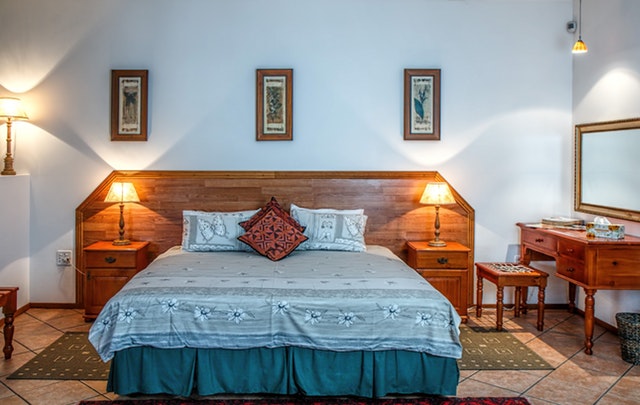
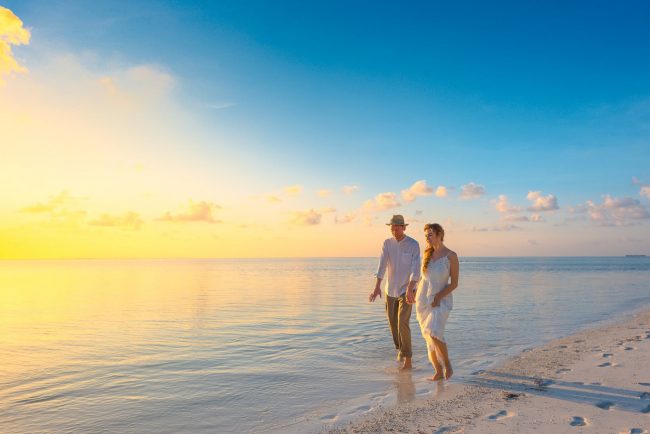

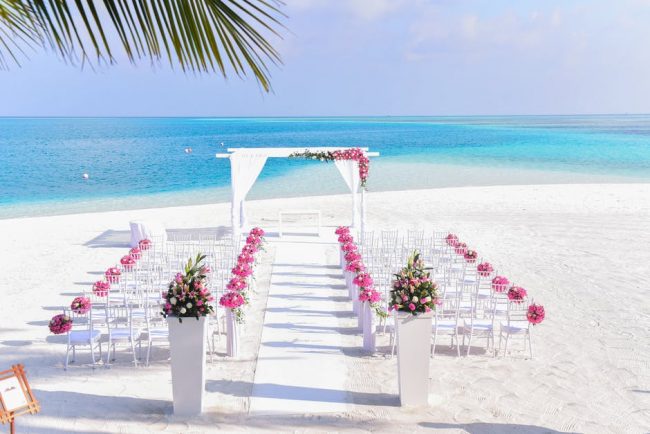


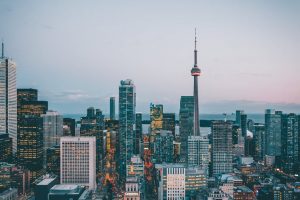

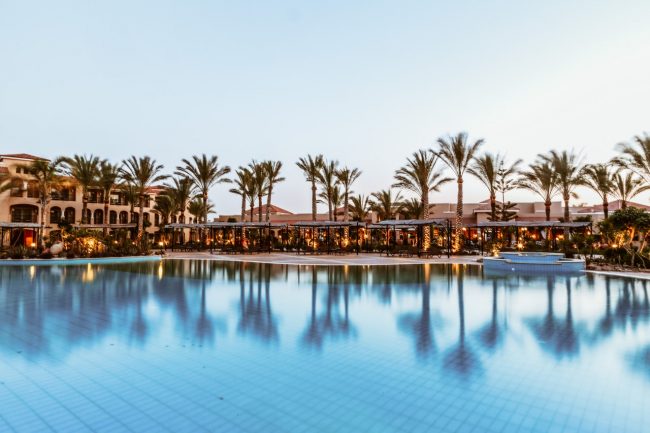




 Coaching focuses on assisting another person learn in a way that allows them to keep growing then. It’s based on asking instead of telling, on provoking thought as opposed to giving instructions and on holding a person accountable for their targets.
Coaching focuses on assisting another person learn in a way that allows them to keep growing then. It’s based on asking instead of telling, on provoking thought as opposed to giving instructions and on holding a person accountable for their targets.
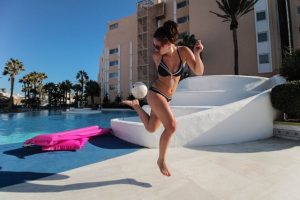



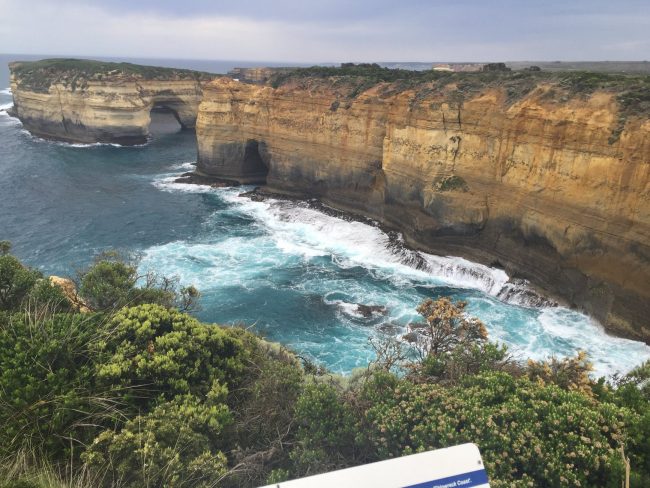
 The minute you leave the city edges, you see the differences. Roadways and highways now begin moving past undulating hills, little municipalities and charming coffee bars. Structures are scarce. There are more homes and houses … more gardens and bikes! And after that you take the turn on to the Great Ocean Roadway and everything stops! A broad roadway on a cliff edge in front of a breathtaking ocean is all that exists for miles and miles. Vehicles drive, stop and park on the left hand side to take photos of the unbelievable 180 degree view and each time you believe you have the best photo, you’ll discover one that’s simply a bit much better a couple of minutes ahead!
The minute you leave the city edges, you see the differences. Roadways and highways now begin moving past undulating hills, little municipalities and charming coffee bars. Structures are scarce. There are more homes and houses … more gardens and bikes! And after that you take the turn on to the Great Ocean Roadway and everything stops! A broad roadway on a cliff edge in front of a breathtaking ocean is all that exists for miles and miles. Vehicles drive, stop and park on the left hand side to take photos of the unbelievable 180 degree view and each time you believe you have the best photo, you’ll discover one that’s simply a bit much better a couple of minutes ahead!
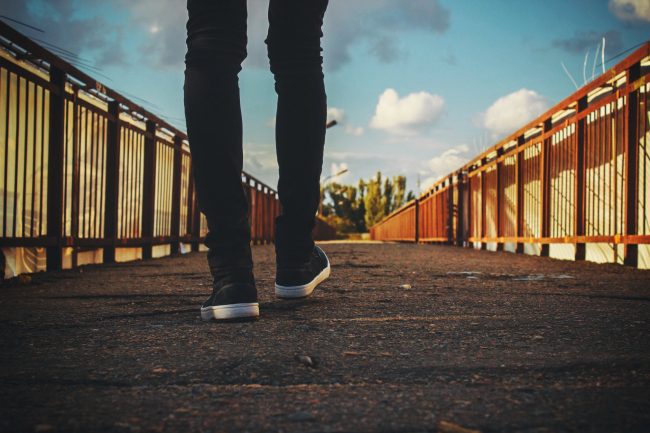
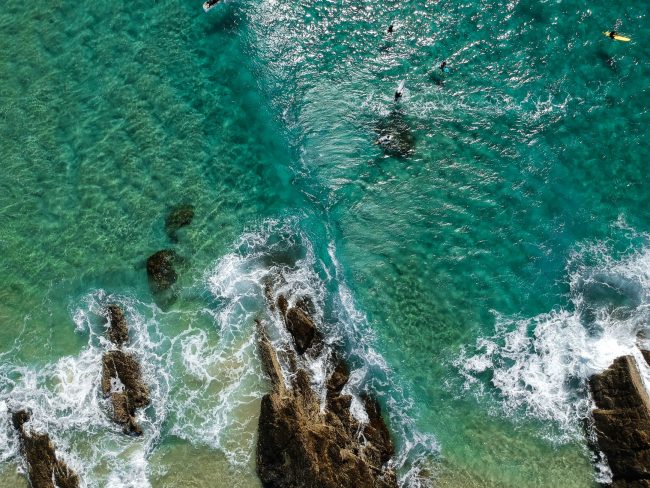
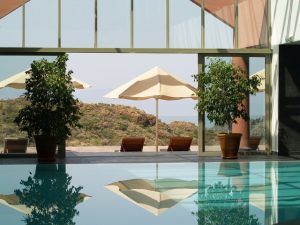 In Cabarete, a town on the Northern coast with calm waters appropriate for water sports, the eXtreme Hotel Cabarete is an eco-adventure sports and yoga retreat for healthy living pursuits. Offerings consist of a Zendo Gym, beachfront yoga studio, farm-to-table dining establishment provided by an on-site natural farm, along with surfing and kite boarding. A brand-new circus school (not your typical school or
In Cabarete, a town on the Northern coast with calm waters appropriate for water sports, the eXtreme Hotel Cabarete is an eco-adventure sports and yoga retreat for healthy living pursuits. Offerings consist of a Zendo Gym, beachfront yoga studio, farm-to-table dining establishment provided by an on-site natural farm, along with surfing and kite boarding. A brand-new circus school (not your typical school or 